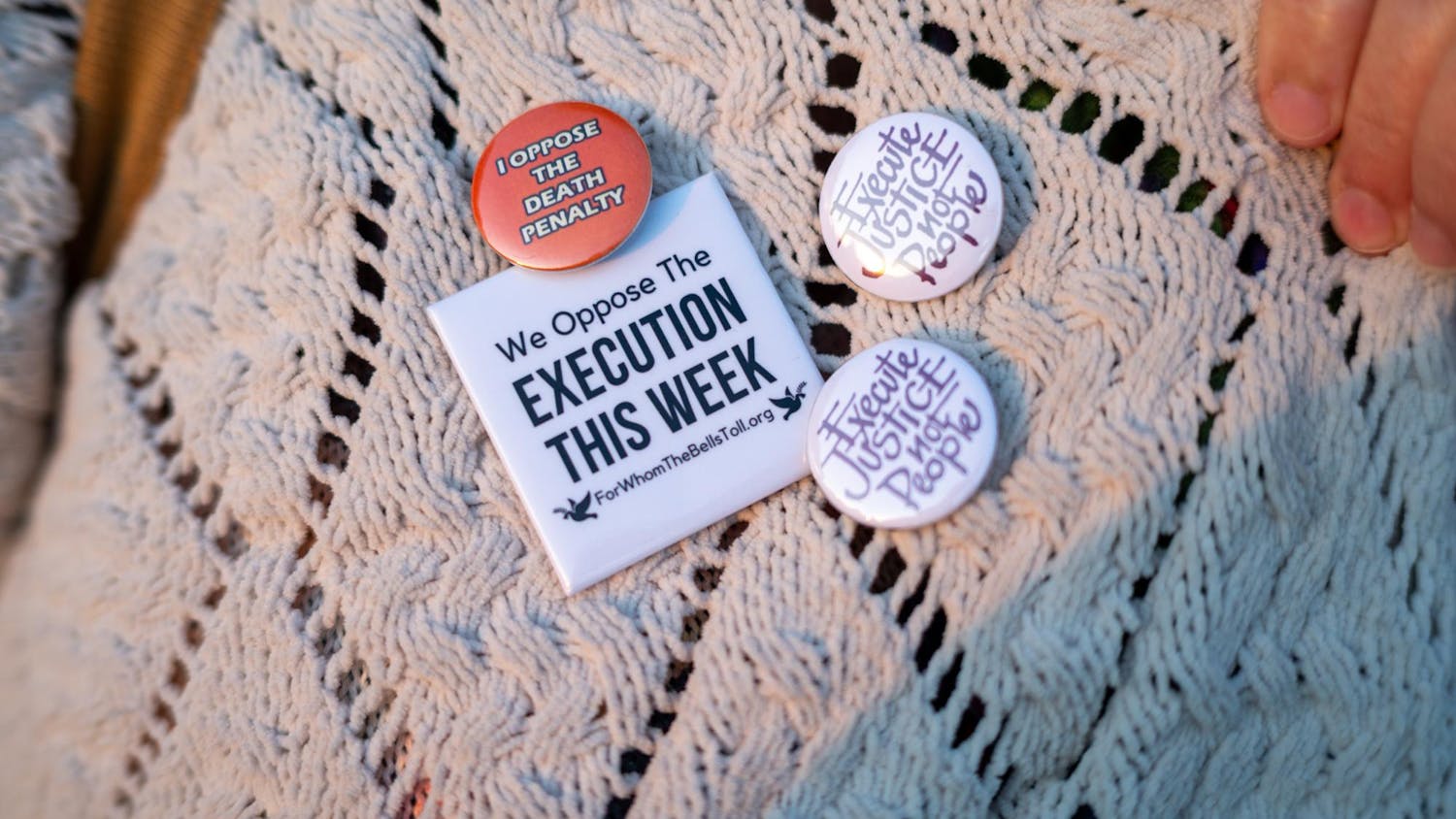Last night, the state of Georgia killed Troy Davis.
Davis was convicted in 1991 of murdering Savannah police officer Mark MacPhail.
His conviction was based solely on eyewitness testimony. No physical or biological evidence tied Davis to the scene of the crime.
Many believe Davis is innocent, and the doubts raised in the two decades since his conviction mean there is a possibility that Georgia put an innocent man to death.
According to the Innocence Project, seven of the nine witnesses who said he shot the police officer have since recanted their testimony.
Some witnesses, including Jeffrey Sapp, said they were pressured by police to connect Davis with the shooting.
Was Davis simply in the wrong place at the wrong time?
Those speaking out against Troy's execution have come from all sides of the aisle.
According to ABC News, former Georgia Congressman Bob Barr said, "even for death penalty supporters such as myself, the level of doubt inherent in this case is troubling."
The fact that his conviction was based solely on eyewitness reports is also troubling given the questionable reliability of these statements.
Psychologist Elizabeth Loftus conducted an experiment in which participants were shown a slide show of a car accident. One group of participants was asked how fast the cars were traveling when they "hit" each other and another group was asked how fast they were going when they "smashed" into each other.
Members of the second group were more likely to report seeing broken glass in the slide show, even though the slide showed no broken glass.
Maybe this sounds insignificant. What about traumatic events like a shooting? Surely people would be able to remember those better.
In another study, 54 students from Duke University answered questions about their memory of 9/11 the day after it happened. When the same group of students were asked the same questions years later, most of their stories had completely changed in terms of their surroundings and how they found out about the attacks.
Although the argument still rages on in the psychological community about the ability of people to remember past events, the findings of these studies raise quite a bit of doubt about the validity of eyewitness testimony - especially when the life of a human being hangs in the balance.
We can certainly debate whether or not a convicted murderer deserves to be executed.
However, when doubt exists about a person's level of guilt, those who support and oppose the death penalty should each give serious consideration to the possible negative consequences of our justice system.





